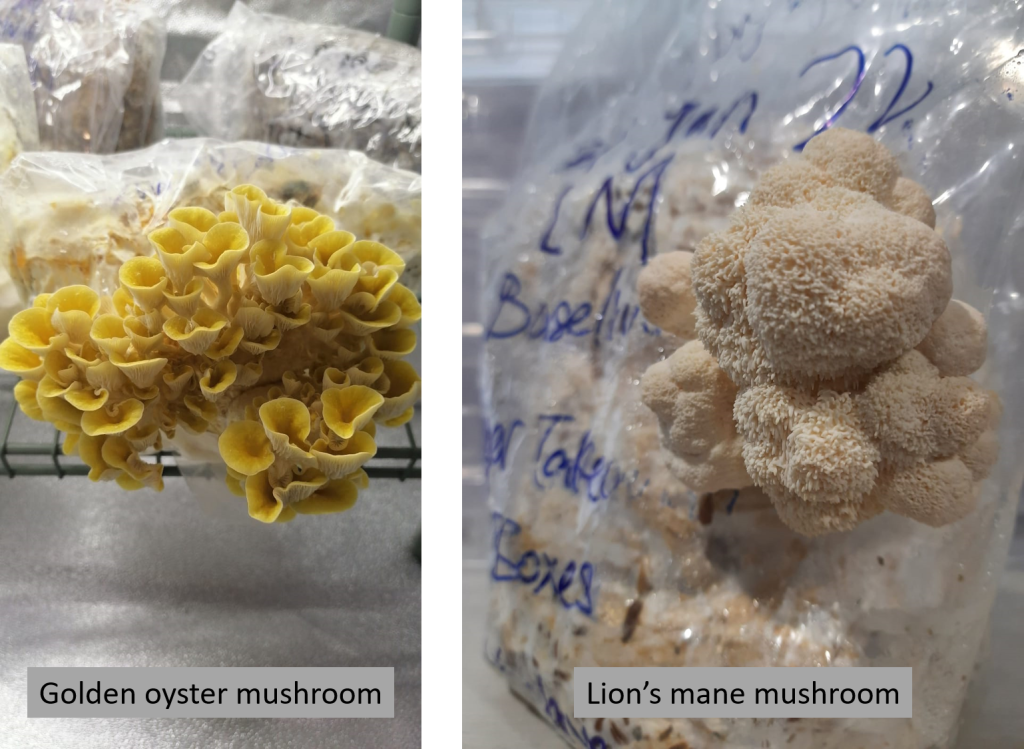Turning Waste to Food: Cultivating Mushrooms Using Food-Soiled Paper
Project Motivation
Food-soiled paper is unrecyclable and causes contamination when accidentally or ignorantly mixed with other recyclable materials such as clean paper. Thus, food-soiled paper and contaminated waste paper must be incinerated, which has a negative impact on the environment because it produces greenhouse gases. Moreover, incineration ash must be sent the landfill in Pulau Semakau. However, due to the increasing quantity of solid waste generated in Singapore, the landfill is quickly running out of space.
At the same time, 90% of food in Singapore is imported. This leads to problems with sustainability, as storage and transportation of imported food contribute to Singapore’s greenhouse gas emissions. Also, heavy reliance on imported food poses a food security risk due to possible disruptions in the supply chain. To improve food security and sustainability, Singapore is embarking on a mission to produce 30% of our nutritional needs locally by the year 2030.
Design Solution
To address these problems with waste management as well as food security and sustainability, this project explores the use of food-soiled paper as substrate to cultivate mushrooms. The food-soiled paper was added with coffee ground and hardwood sawdust as supplementary materials, and sterilized using a number of methods such as autoclave and hot water pasteurization before grain spawn for the mushrooms were added. The mixture was filled into plastic growth bags, and placed in cultivation tents that provided a controlled environment for the mushrooms to grow.
Tests conducted in this project show that it is feasible to cultivate oyster mushrooms and lion’s mane mushrooms using food-soiled paper. An optimum mix ratio of the food-soiled paper with other supplementary materials can be found to optimize the yield.

Project Team
Students:
- Lau Bei Er (Chemical Engineering, Class of 2022)
- Li Fang (Chemical Engineering, Class of 2022)
- Lin Weihan (Chemical Engineering, Class of 2022)
- Tang Jing Ying (Mechanical Engineering, Class of 2022)
Supervisors:
- Elliot Law (elliot.law@nus.edu.sg)
- Wong Kah Wei (clbwkw@nus.edu.sg)

